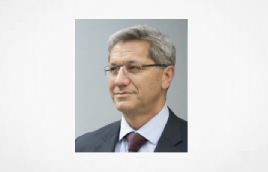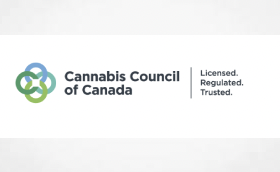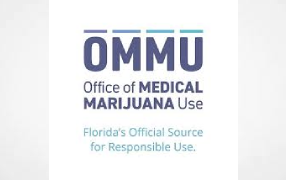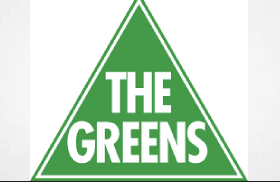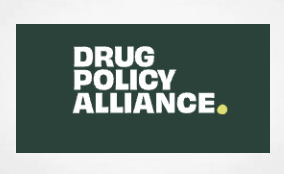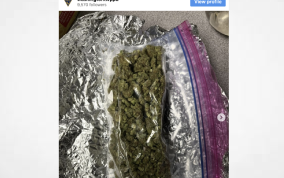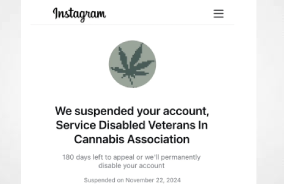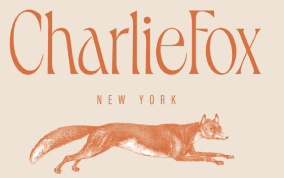Radio New Zealand
A judge has expressed concern about licensed cannabis cultivators being legally allowed to source seeds and plants from “illicit sources”, saying the process gives “the appearance of government-sanctioned cultivation of cannabis”.
The issue was raised this month at the sentencing of drug dealers Garry Douglas McFarlane and Melanie June Afato, who claimed their cultivation activities were in part for lawful purposes.
The Ministry of Health has since confirmed licensed growers can source seeds and plants from “illicit sources”, who do not need to be named, for the cultivation of cannabis for medicinal purposes.
Although it was “deemed necessary” at the beginning of the Medicinal Cannabis Scheme, which came into effect in April 2020 with the commencement of the Misuse of Drugs (Medicinal Cannabis) Regulations 2019, it was still allowed.
The health minister and Labour’s health spokesperson have not answered questions put to them by NZME about whether the government was condoning the illegal cultivation of cannabis by allowing “illicit sources” to supply cannabis seeds and plants to the scheme.
McFarlane and Afato transformed their home into a “large, sophisticated” cannabis growing operation and allegedly banked more than $90,000 through sales of the drug.
While they were caught with more than 1kg of cannabis head stashed in jars, snaplock bags, and rolled into “tinnies”, they claimed part of their cultivation activities were connected to providing seeds to licensed companies.
But it was only their intention because they had not reached the point where they had sold any seeds.
If they had, the couple, who both had previous drug-related convictions and did not have a licence to supply the companies, would have been considered an illicit source.
In New Plymouth District Court, Judge Gregory Hikaka was given letters in support of McFarlane and Afato from two licensed cannabis companies and submissions were made by defence counsel explaining how companies were allowed to buy seeds and plants from illicit, or unlicensed, sources.
Judge Hikaka voiced concern throughout the hearing about the process, and said it seemed unusual.
“It appears that there’s an element of intent to provide something that the lawfully licensed people … are entitled to buy from the black market.
“Perhaps I’ve overstated it but it gives the appearance of government-sanctioned cultivation of cannabis.”
In response to questions from NZME, Chris James, group manager Medsafe, said if a licence holder with a cultivation activity wished to obtain illicit seeds and plants, a declaration must be submitted to the Medicinal Cannabis Agency.
He said a declaration could be made for up to 20 plants and 50 seeds of a variety of cannabis that was established in New Zealand and if accepted, medicinal cannabis products could be lawfully manufactured.
There was no limit to the number of declarations that could be made and the name of the illicit source was not required.
“The ability to source plants and seeds from illicit sources was deemed necessary at the beginning of the scheme to enable access to seed or plants with desirable genetics,” James said.
“Now the scheme has been in place for a number of years, the number of declarations has reduced significantly.”
James said the ability to submit declarations, which comes with a fee, was not affected by the current review of the Misuse of Drugs (Medicinal Cannabis) Regulations 2019.
But Labour health spokeswoman Dr Ayesha Verrall said: “This is an issue that would be suitable to be considered during the review of the act, which is currently underway.”
Verrall did not answer whether Labour intended illicit sources supplying the Medicinal Cannabis Scheme to be a temporary measure when the former government brought it in, or whether Labour believed that it should now, four years on, come to an end.
Read more

